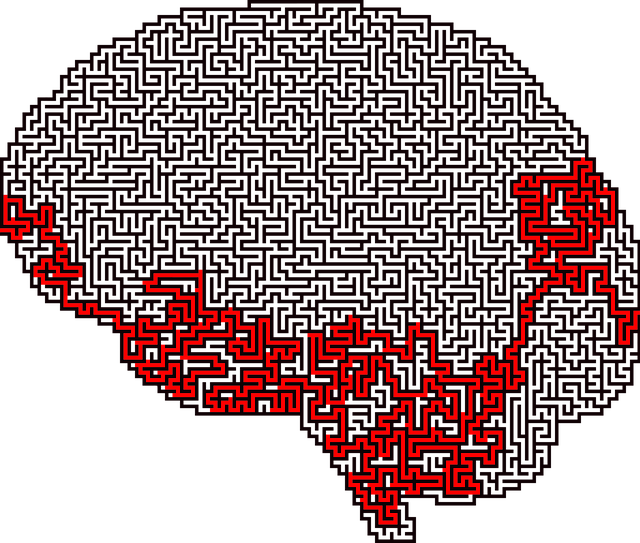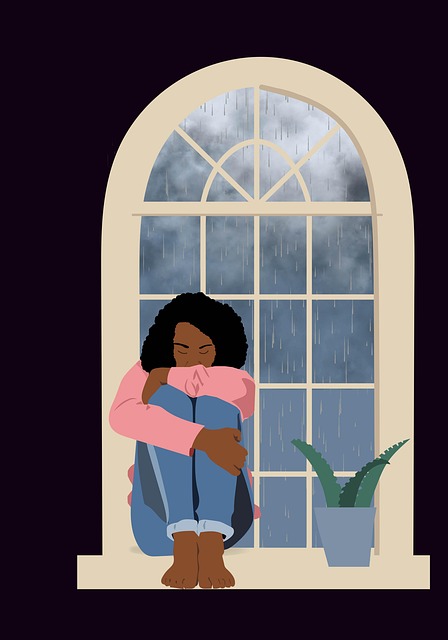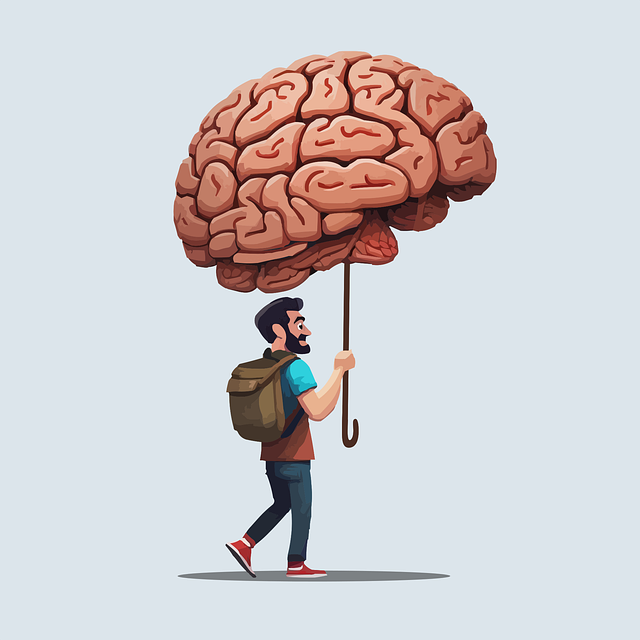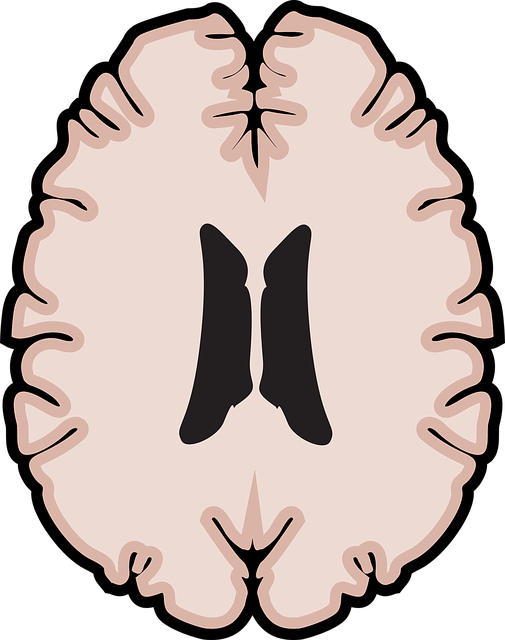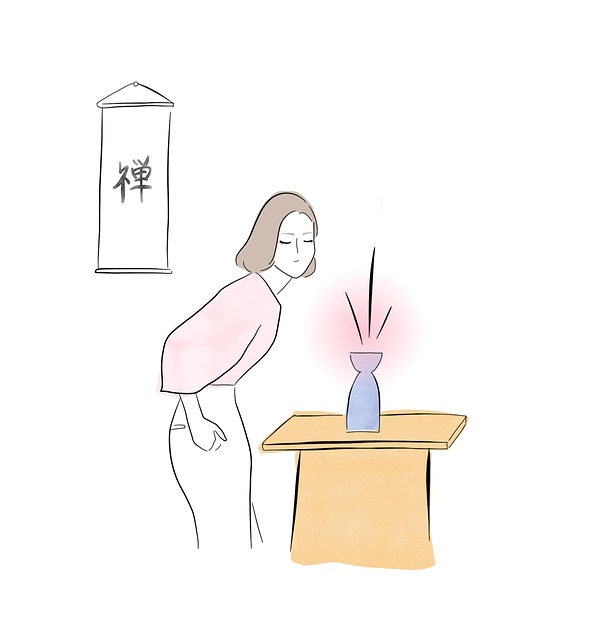Depression among the elderly is a significant issue driven by isolation, chronic illnesses, and cognitive changes. Recognizing indicators like persistent sadness and social withdrawal is crucial for timely therapy. Caregivers must prioritize seniors' mental health through open communication and support systems to prevent burnout. Self-care routines, tailored therapy, and mental wellness coaching are effective tools to combat depression, improve quality of life, and promote resilience in elders. Holistic approaches like CBT, mindfulness, and community engagement enhance well-being, addressing unique challenges faced by older adults.
Mental wellness self-care routines are essential for maintaining cognitive health, especially among the elderly. This article explores strategies to combat elderly depression, a prevalent yet often overlooked issue. We delve into identifying signs and symptoms, emphasizing the critical role of self-care in mental health preservation. Through personalized routines and incorporated therapy techniques, seniors can find solace and enhance their overall well-being. Additionally, we provide insights on supporting mental wellness in later years, highlighting effective strategies for a fulfilling life. For those facing depression, consider these approaches, including therapy tailored for elders, as potential game-changers.
- Understanding Elderly Depression: Signs and Symptoms
- The Importance of Self-Care for Mental Health
- Creating a Personalized Self-Care Routine
- Incorporating Therapy Techniques into Daily Life
- Supporting Mental Wellness in Later Years
Understanding Elderly Depression: Signs and Symptoms

Depression among the elderly is a significant issue that often goes unnoticed or undiagnosed. As people age, they may experience a decline in mental wellness due to various factors such as social isolation, chronic illnesses, or cognitive changes. Understanding the signs and symptoms of depression in seniors is crucial for providing timely therapy for elders’ depression.
Common indicators include persistent feelings of sadness, loss of interest in activities once enjoyed, changes in appetite and sleep patterns, fatigue, difficulty concentrating, and thoughts of worthlessness or hopelessness. Additionally, social withdrawal, increased irritability, and a decrease in overall energy levels can be red flags. Burnout prevention is essential for caregivers and family members to recognize these signs early on, as they may indicate underlying depression. Fostering open communication strategies can help seniors express their feelings and connect with support systems, thereby reducing the risk of severe mental health deterioration.
The Importance of Self-Care for Mental Health

In today’s fast-paced world, prioritizing self-care is essential for maintaining and improving mental health, especially as we age. For elders, who may face unique challenges such as depression or isolation, incorporating regular self-care practices can be a powerful tool in enhancing their overall well-being. Therapy for elders with depression often emphasizes the importance of self-care routines tailored to their individual needs and preferences. These routines serve as coping skills development, helping individuals manage stress, anxiety, and low mood effectively.
Mental wellness coaching programs designed for older adults focus on promoting emotional well-being through various techniques. This includes encouraging engaging activities that bring joy, fostering social connections, and adopting healthy habits like regular exercise and adequate sleep. By integrating such practices into daily lives, elders can not only combat depression but also improve their quality of life. Self-care becomes a proactive approach to staying resilient and maintaining a positive outlook, even in the face of age-related challenges.
Creating a Personalized Self-Care Routine

Developing a personalized self-care routine is a powerful tool for mental wellness, especially for seniors who may be navigating depression or anxiety. It’s about creating a set of practices tailored to one’s unique needs and preferences. Start by evaluating your daily life, identifying pockets of time that can be dedicated to self-nurturing activities. Perhaps it’s a morning meditation session, a mid-day walk in nature, or an evening hobby like painting or reading. These activities should not only provide relaxation but also address specific mental health concerns.
A customized routine might include therapy sessions tailored to one’s cultural background, ensuring a supportive environment through healthcare provider cultural competency training. This could be combined with regular exercise, mindfulness practices, and healthy eating habits. By incorporating these elements, seniors can proactively manage their mental wellness, reducing symptoms of depression and anxiety, and enhancing overall well-being. Remember, self-care is not selfish; it’s an act of self-preservation and love, especially when considering the risk assessment for mental health professionals and prioritizing long-term mental health management.
Incorporating Therapy Techniques into Daily Life

Incorporating therapy techniques into daily life can significantly enhance mental wellness for elders, offering practical tools to combat issues like depression that often affect this demographic. Simple practices derived from cognitive-behavioral therapy (CBT), for instance, encourage mindful reflection and challenge negative thought patterns, fostering self-esteem improvement and promoting a more positive outlook. Engaging in these strategies consistently can help individuals better navigate life’s challenges and improve their overall mental resilience.
Additionally, empathy building strategies play a crucial role in maintaining strong social connections, a vital aspect of mental wellness. By practicing active listening and cultivating understanding towards others, elders can strengthen interpersonal relationships, reducing feelings of isolation. This interconnectedness is further amplified by the potential for producing a mental wellness podcast series, where sharing personal journeys, tips, and insights can inspire both the creator and their audience, fostering a sense of community and belonging.
Supporting Mental Wellness in Later Years

Maintaining mental wellness becomes even more crucial as we age. For elders, managing stress and combating potential depression requires tailored strategies that address unique challenges. Many older adults may face social isolation, physical health issues, or cognitive changes, all of which can impact their mental well-being. Therapy for elders depression is not just about prescribing pills; it involves creating supportive environments and encouraging engaging hobbies to foster a sense of purpose.
Incorporating stress reduction methods and conflict resolution techniques into daily routines can significantly contribute to mental wellness in later years. Simple practices such as mindfulness meditation, light exercise, or even interacting with pets have been shown to lower anxiety levels and improve mood. Additionally, learning conflict resolution skills enables seniors to navigate interpersonal challenges more effectively, promoting positive relationships and a deeper sense of connection within their communities.
Mental wellness is paramount for elderly individuals, and addressing depression through personalized self-care routines can significantly enhance their quality of life. By recognizing the signs and symptoms of elderly depression and prioritizing self-care practices, we can empower seniors to navigate their mental health challenges. Incorporating therapy techniques into daily lives not only facilitates healing but also fosters resilience. Ultimately, supporting mental wellness in later years involves a multifaceted approach that includes understanding, empathy, and accessible resources like Therapy for Elders Depression, ensuring seniors live fulfilling and meaningful lives.






